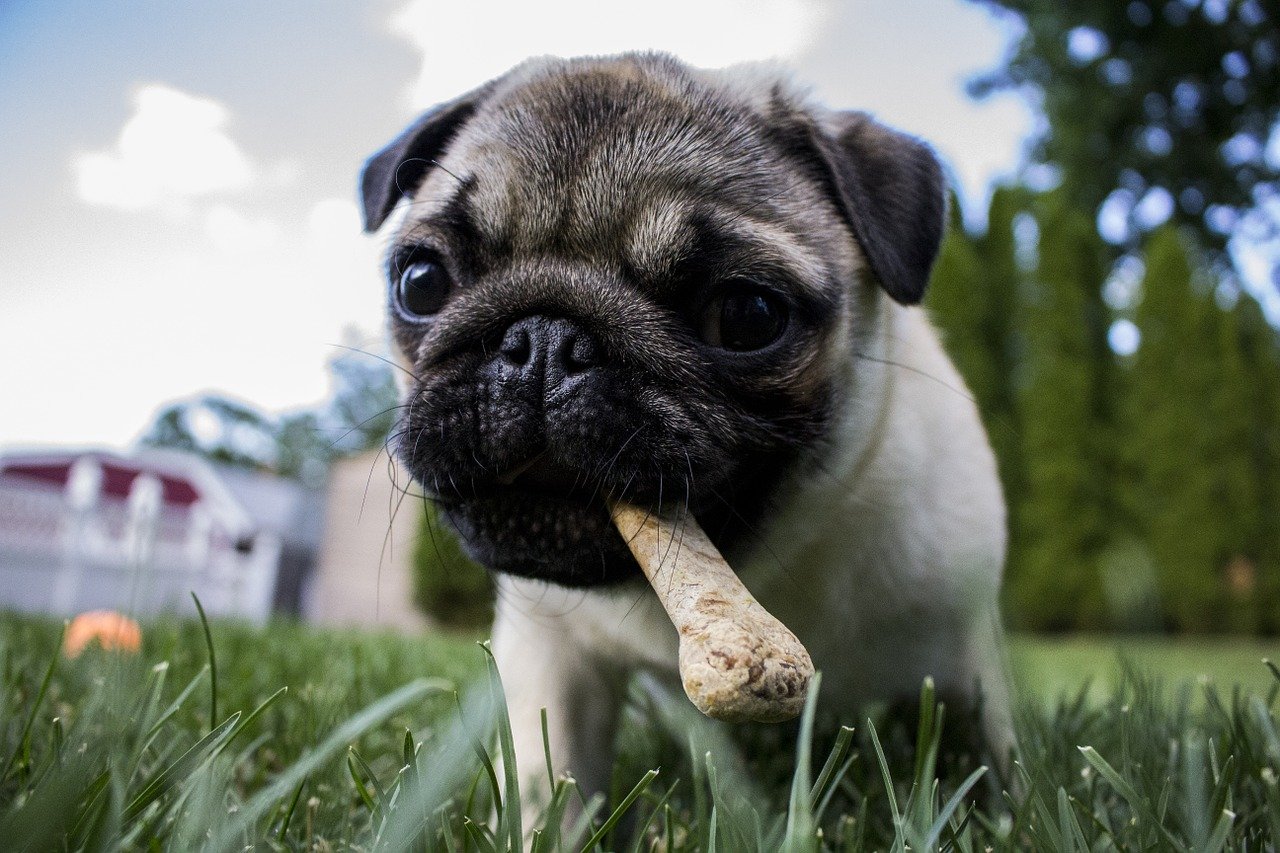Litter box training for dogs is no harder than training them to go outside and can alleviate much of the stress of owning a pet. Who doesn’t worry about leaving the dog inside all day while you are at work, and what if you have to work late? The dog can’t be expected to hold it all day and night, but if you have a litter box system in place you won’t have to worry about coming home to an icky mess.
Litter box training for dogs can add convenience to pet ownership. A dog litter box is perfect for small dogs that live in an apartment and don’t have easy access to the outdoors. It’s also great to have your dog litter box trained if you want to take him on trips – no need to worry about where to let him do his business at the hotel. It’s also pretty convenient in bad weather too!
Like all training, litter box training for dogs is best done with puppies. Start off by filling a box with the litter box pellets and watching your pet until you sense he is about to eliminate. Gently put him in the box and when he goes in the box praise and reward him. Remember to always be gentle with your pet and never punish him for bad behavior; only reward him for good behavior. Keep at it, eventually you will know when he is going to go and you can direct him towards the box. Soon he will be looking for the box on his own and eventually be trained.
Some important aspects of litter box training for dogs include cleanliness, access to the box and positive reinforcement. Make sure you keep your litter box clean at all times. Scoop out any waste right after the dog goes – your dog will probably develop a schedule so you’ll know when there will be something to remove. Make sure your dog has easy access to the litter box at all times. You can’t train him if he can’t get to the box so make sure it is not in a room where the door could be closed to shut of access. Finally, make sure you always praise the dog and never punish. If he makes a mistake, simply clean it up and make sure you praise him next time he uses the box. If you see him start to go in a place other than the box make a loud noise which will get him to stop, then place him directly in the box and praise him when he does go in the box. Praise will work much better as a training tool than punishment.











